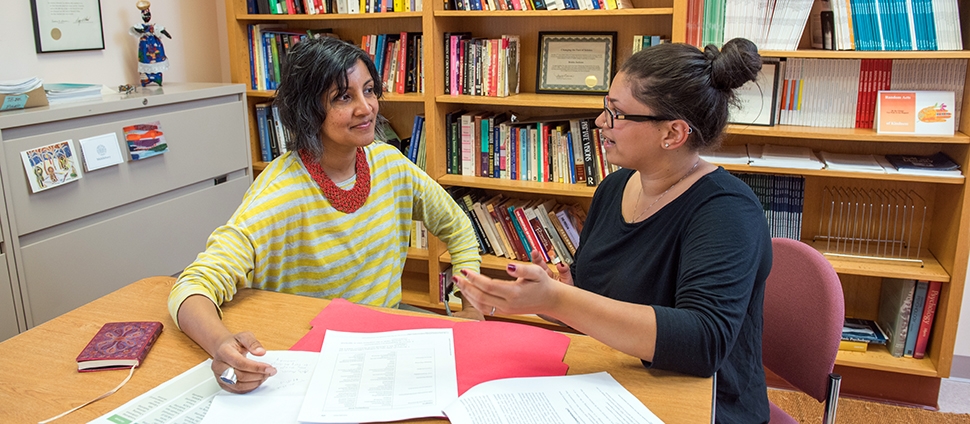Document Type
Article
Publication Date
1-1-1999
Publication Title
Acta Psychologica
Abstract
The human visual system can represent an object's spatial structure with respect to multiple frames of reference. It can also utilize multiple reference frames to mentally transform such representations. Recent studies have shown that performance on some mental transformations is not equivalent: Imagined object rotations tend to be more difficult than imagined viewer rotations. We reviewed several related research domains to understand this discrepancy in terms of the different reference frames associated with each imagined movement. An examination of the mental rotation literature revealed that observers' difficulties in predicting an object's rotational outcome may stem from a general deficit with imagining the cohesive rotation of the object's intrinsic frame. Such judgments are thus more reliant on supplementary information provided by other frames, such as the environmental frame. In contrast, as assessed in motor imagery and other studies, imagined rotations of the viewer's relative frame are performed cohesively and are thus mostly immune to effects of other frames. © 1999 Elsevier Science B.V. All rights reserved.
Keywords
Cognitive processes, Mental rotation, Spatial imagery
Volume
102
Issue
2-3
First Page
247
Last Page
264
DOI
10.1016/s0001-6918(98)00057-2
ISSN
00016918
Version
Version of Record
Recommended Citation
Wraga, Maryjane; Creem, Sarah H.; and Proffitt, Dennis R., "The Influence of Spatial Reference Frames on Imagined Object-and vVewer Rotations" (1999). Psychology: Faculty Publications, Smith College, Northampton, MA.
https://scholarworks.smith.edu/psy_facpubs/137


